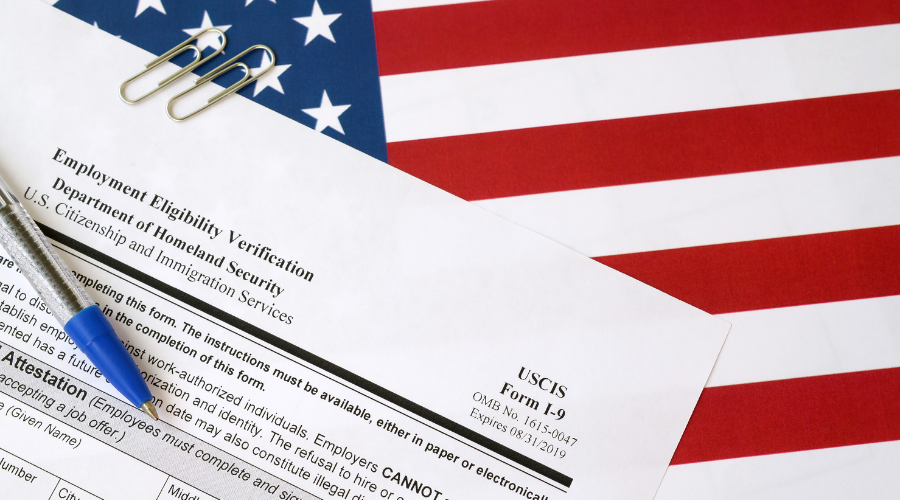
DOL Reminds Employers to Prioritize Safety for Summer Youth Hires
With summer being a popular season for youth employment, the U.S. Department of Labor (DOL) recently reminded employers hiring youth-aged workers to comply with federal child labor laws to ensure these hires have a safe and beneficial experience.
The DOL’s Fair Labor Standards Act (FLSA) prohibits employers from allowing youth-aged employees—workers who are under 18 years old—to perform certain tasks and work more than a specified number of hours. However, child labor laws
can vary based on the industry and state. Failing to comply with the FLSA can result in significant consequences for employers.
Notably, the DOL’s reminder highlights recent investigations uncovering child labor law violations. Most penalties were related to child labor violations, including:
- Permitting minors to operate heavy machinery
- Allowing minors to work beyond the number of legally permitted hours
- Failing to pay for meal breaks
From 2017 to 2021, the DOL identified more than 4,000 cases of child labor law violations, with more than 13,000 youth-aged workers involved in violations.
What This Means
This recent warning is part of the DOL’s effort to ramp up enforcement and could translate to an increase in investigations this summer and beyond. As such, employers should continue to review relevant child labor laws to ensure compliance. Employers concerned about potential violations are encouraged to speak with legal counsel.
To aid employers in keeping youth-aged workers safe, the DOL provides some general tips.
For additional youth employment resources, contact us today.
EEOC and DOJ Issue Guidance on Artificial Intelligence and ADA Disability Discrimination
The Equal Employment Opportunity Commission (EEOC) and the U.S. Department of Justice (DOJ) each recently issued new technical assistance documents about how employers’ use of artificial intelligence (AI) and other software tools to make
employment decisions may result in unlawful disability discrimination under the Americans with Disabilities Act (ADA).
EEOC Guidance
The EEOC’s new guidance focuses on the following three ways an employer’s use of software tools for employment decisions may violate the ADA:
1. The employer does not provide a reasonable accommodation necessary for an individual to be rated fairly and accurately by the software.
2. The software “screens out” an individual with a disability, even though the individual is able to do the job with a reasonable accommodation.
3. The software makes disability-related inquiries or includes medical examinations.
The EEOC’s guidance also provides best practices to help employers avoid these violations.
DOJ Guidance
The DOJ’s new guidance provides a broad overview of rights and responsibilities under the ADA. It also outlines examples of the types of software tools employers use, clarifies that employers must consider various disabilities when designing or choosing their software, and explains when an employer using software tools must provide a reasonable accommodation.
Employer Takeaway
Employers increasingly leverage software tools for employment decisions. Therefore, they should review this guidance and assess their current practices to ensure compliance.
© 2022 Zywave, Inc. All rights reserved.
Further Reading

Navigating Cybersecurity Challenges in the Construction Industry
The construction industry is adopting advanced technology such as artificial intelligence, the Internet of Things (IoT), and Building Information...

New Form I-9 Includes Remote Verification Procedure for E-Verify Users
U.S. Citizenship and Immigration Services (USCIS) published a new version of its Employment Eligibility Verification form, also known as Form I-9. Employers are required to use the new form exclusively beginning on Nov. 1, 2023.
